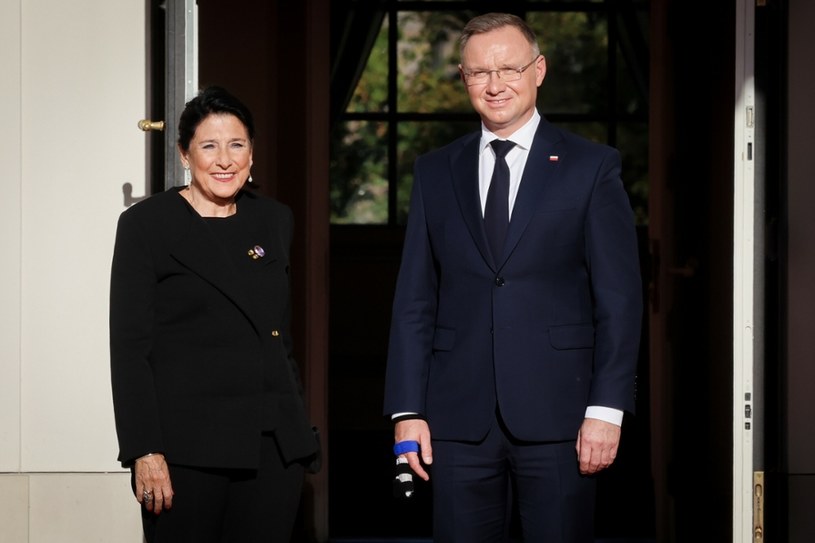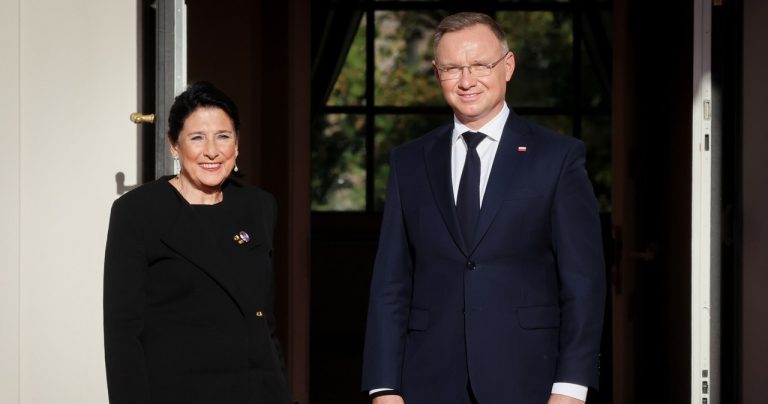
On Monday night, President Duda said in an entry on the X website that he had spoken with Salome Zurabishvili about the situation in Georgia. “I promised the President that I would unwaveringly support her leadership and the European aspirations of the Georgian people,” Duda stressed. He added: “They have an inalienable right to strive for a united Europe.”
“New elections in line with OSCE recommendations are the way out of the current crisis,” President Duda wrote.
Georgia. Wave of protests in the country after parliamentary elections
Georgia has been in a political crisis since October's parliamentary elections. The Georgian Dream party won the election. However, the election results were not recognized by the pro-European opposition, with President Salome Zurabishvili claiming they had been manipulated.
At the end of November, the Georgian government called off negotiations for Georgia's accession to the European Union, which sparked and continues to spark protests in Tbilisi and other cities to support Georgia's European aspirations. The president also participated repeatedly.
Georgia's political crisis. President calls for new parliamentary elections
Then, in mid-December, the Electoral College elected GM-linked Mikheil Kavelashvili as Georgia's new president. For the first time, Georgia's president was not directly elected.
The inauguration ceremony of the new head of state is scheduled for December 29th. Zurabishvili announced that he would not recognize the election of a new president if Georgia did not have a legal parliament and demanded that the ruling party set a date for new parliamentary elections. This demand is echoed by the Georgians protesting.
After Georgia's parliamentary elections, the OSCE noted that irregularities were observed during voting and that the elections were held “in violation of democratic principles.”
Barbara Borica: Loneliness is even more painful during the holidays/RMF24.pl/RMF

